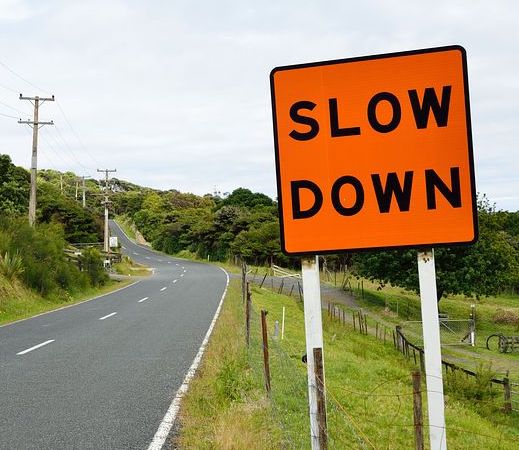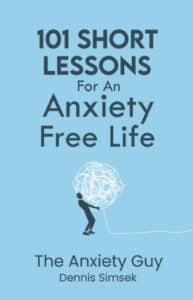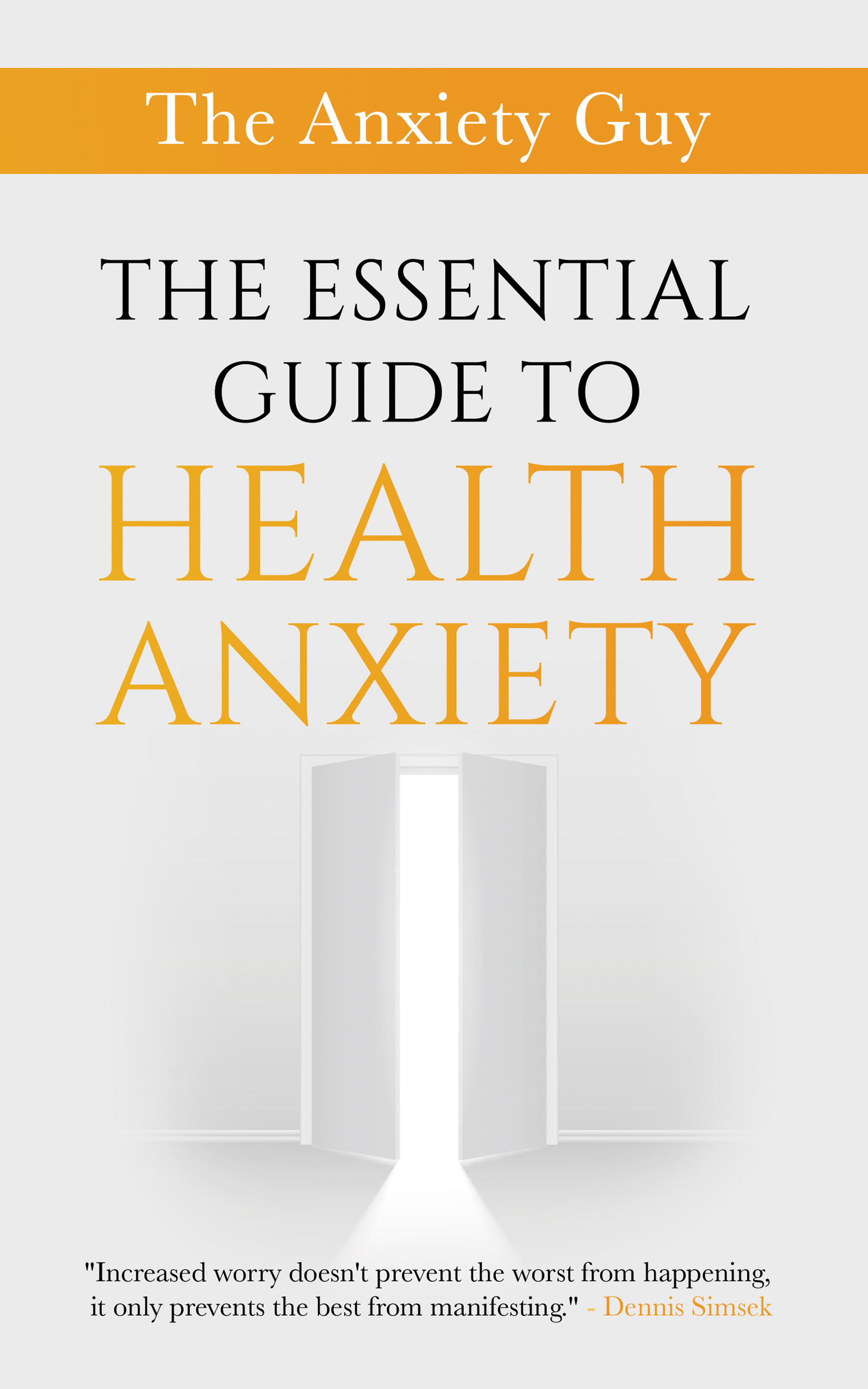“Don’t Allow Your Survival Brain To Trick You Into Thinking You Always Have To Fight Back, Or Run From Something.”
In the advanced era of today, our lives are hectic and characterized by sedentary lifestyles, bad diets, and continuous worry and stress. This can eventually trigger a number of physical and mental health issues such as anxiety, etc. Slowing down for an anxiety sufferers is of the utmost importance, and here’s why.
The physiological explanation
A lot of bodily systems (like the circulatory and respiratory systems) are regulated by the autonomic nervous system.
The sympathetic nervous system, which is a part of the autonomic nervous system, plays a key role in survival as it permits rapid responses to dangers. When it is aroused, it causes activation of the flight or fight response leading to a constant state of alertness of the mind and body.
Another part of the autonomic nervous system, i.e., the parasympathetic nervous system is responsible for ensuring that the body and mind remain in a relaxed state. Its arousal leads to soothing of the mind and body and an eventual state of calmness.
The above two branches of the autonomic nervous system work in conjunction; when one is active the other is subdued and vice versa. Imbalance between the function of these two branches is what results in a constant state of alertness despite the lack of any threat or danger. A constant aroused state of the sympathetic nervous system can be caused by media propaganda about varied dangers, a hectic pace of life, and multi-tasking and consequent excesses of the senses. In such a situation, the parasympathetic nervous system is in a constant state of idle or underactive.
In order to restore the balance between the two branches, we have to practice slowing down.
Anxiety sufferers are often in a constant state of worry. Slowing down for anxiety suffers can help regain the balance between the two systems and help the body and mind relax and calm down. This goes against what the inner system wants though, so the beginning stages of becoming conscious of your daily speed will come with resistance. Don’t fret, keep practicing going against the impulsiveness you feel.
Different ways of slowing down for anxiety sufferers
The below listed steps can help the process of slowing down for anxiety sufferers:
- Spend more time with friends and family, and stay aware of how fast you speak to them
- Learn to say no. Do not take on extra chores/responsibilities. Don’t do excess volunteer work that can lead to exhaustion.
- Do some ‘unproductive’ work every day for 20 minutes to an hour. Such activities can be playing with your dog (many will regard this as unproductive in a world of constantly going, relaxing near the pool, a video game, etc.
- Taste your food fully, smell your tea fully
- Do not overburden with lots of things to finish on any given day. Opt for up to 3 tasks that need to be finished per day. This way, you will select only those tasks that are most important. It is a great way of slowing down for anxiety sufferers.
- Minimize exposure to social media as it can be very addictive and take your time away from actually joyful activities. Limit checking of social networking sites, email, etc, to 3 to 5 times a day.
- Drive on the far right lane on a highway, and go the recommended speed
- Begin a hobby such as painting, gardening, learning a musical instrument. The hobby has to be creative as well as enjoyable.
Begin applying these steps into your life, be patient during the transition towards the new you, and never forget to recognize how far you’ve come. Many times we forget our successes and only focus on what’s wrong, don’t make this mistake.




















This is very helpful Dennis. Thanks. Although I think u have made a typo – ‘Do not overburden with lots of things to finish on any given day. Opt for 3 to 54 (3-54 tasks 0.o????) tasks that need to be finished per day.’
Thank you for the catch Ben, fixed.
I had read something called system 1 thinking which is automatic habitual lazy thinking thought pattern. Which is mostly preferred by brain. Probably anxieties thought pattern is subverting which brain likes to continue since it is less effortful.
And there is system 2 thinking, which is more effortful and a kind of a mindful slow process.
Yes, in the book Thinking Fast and Slow these two systems are explained in great detail. This video will show you in detail as well reasons for why the brain rejects change, and system 2 thinking. – https://www.youtube.com/watch?v=n4jvK8ieKHo&t=18s